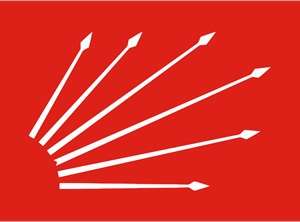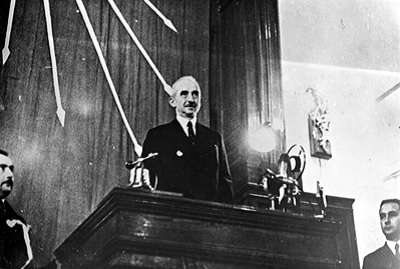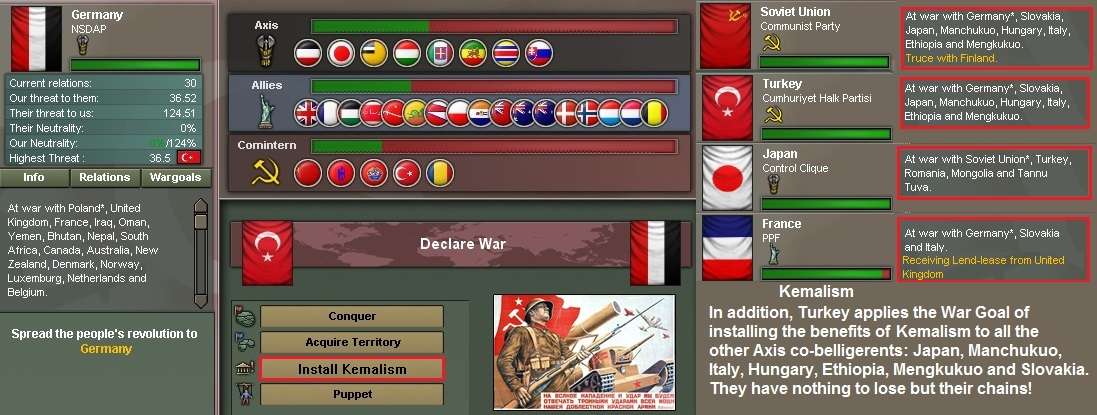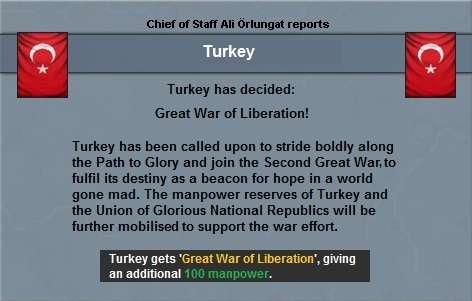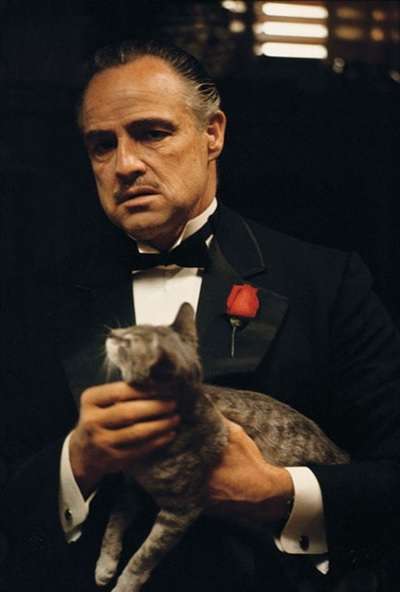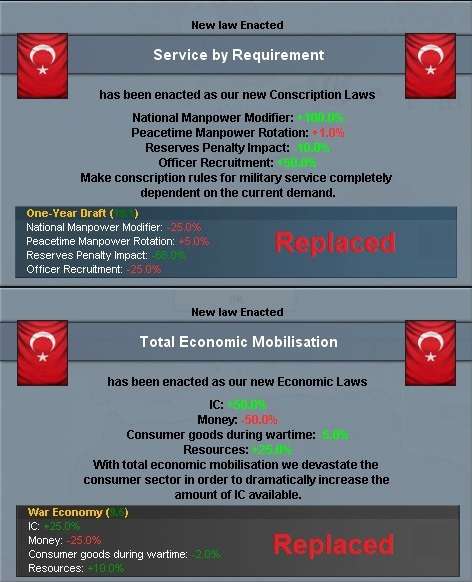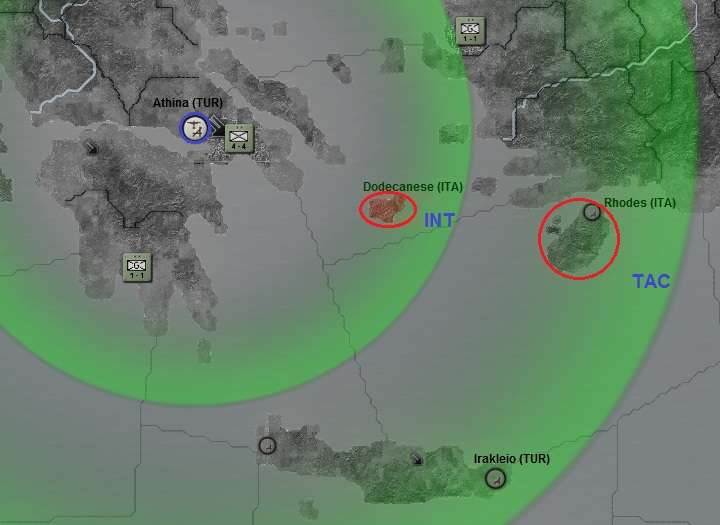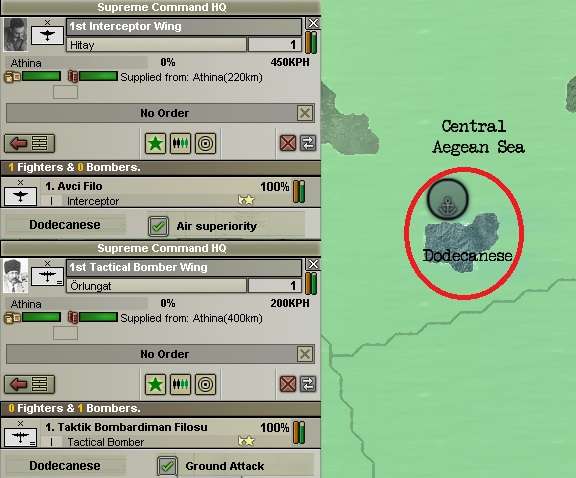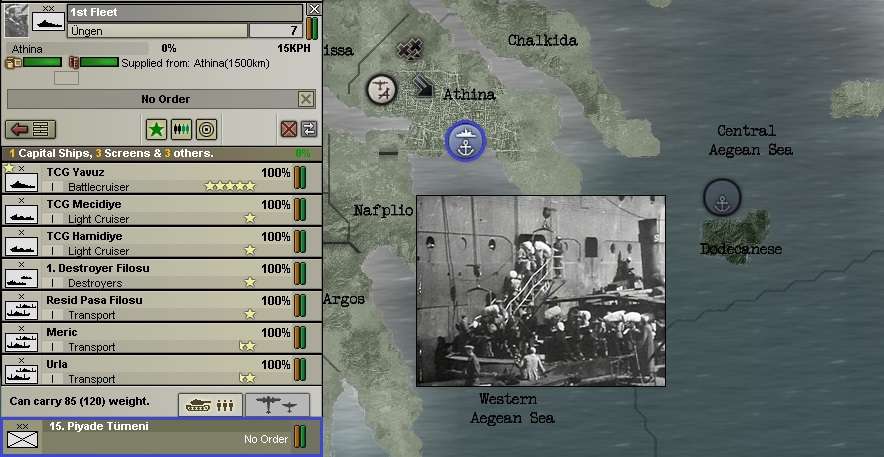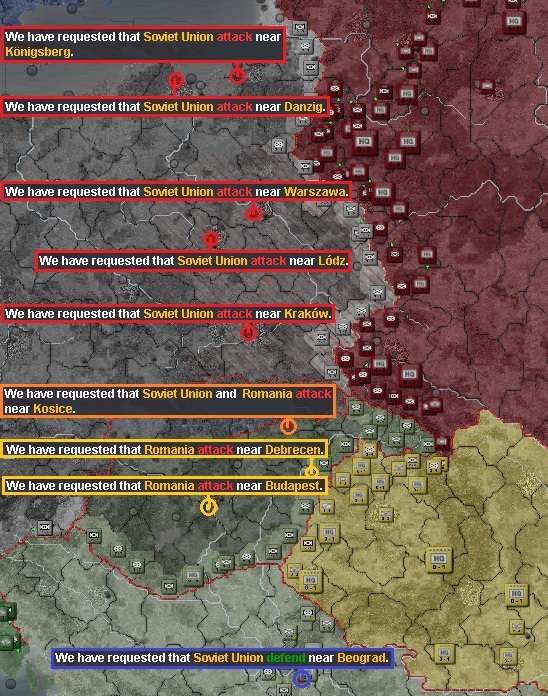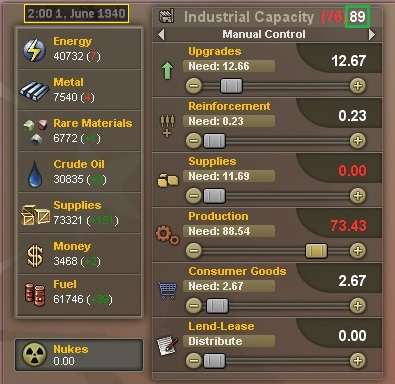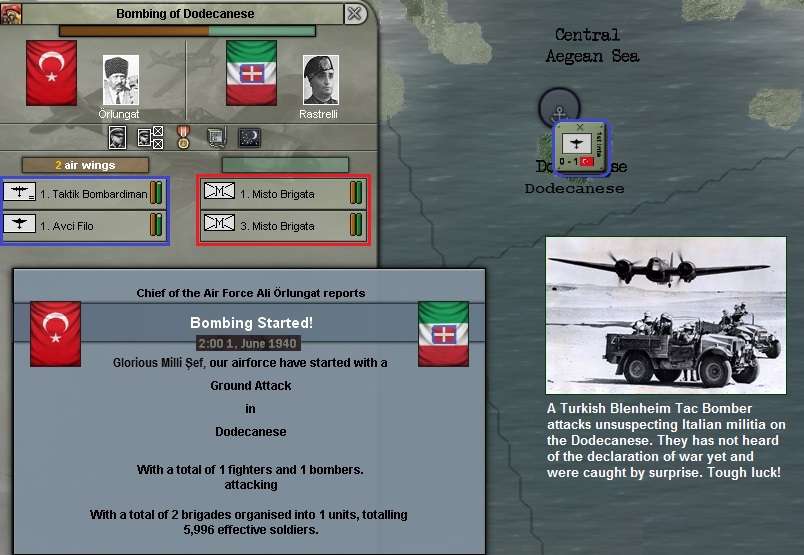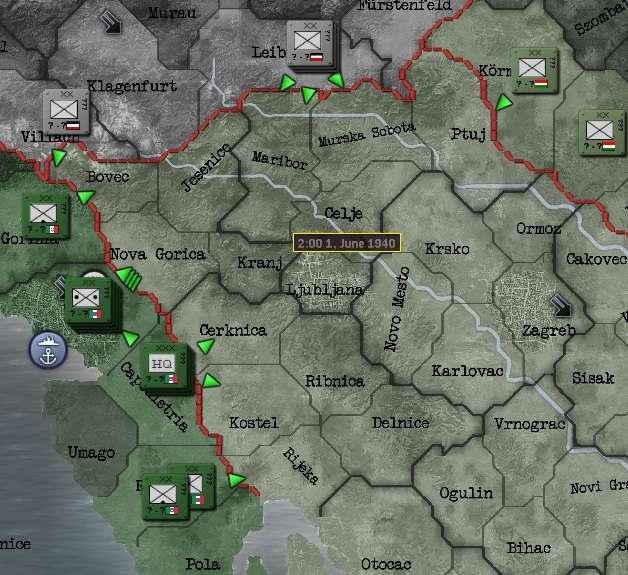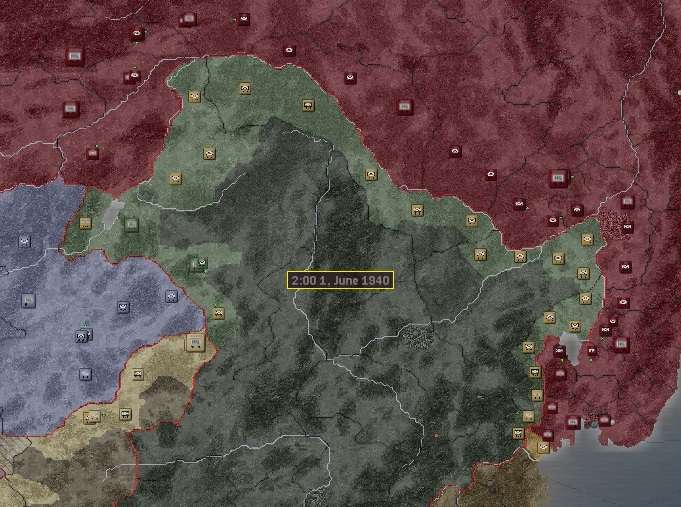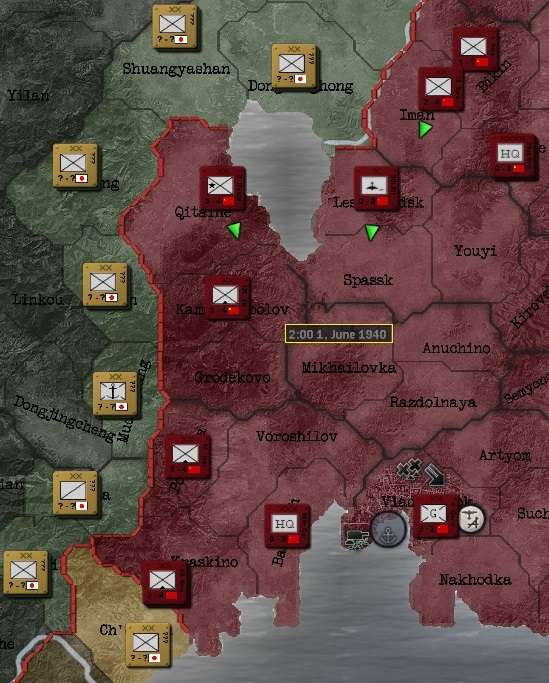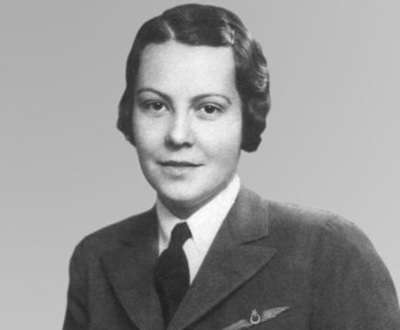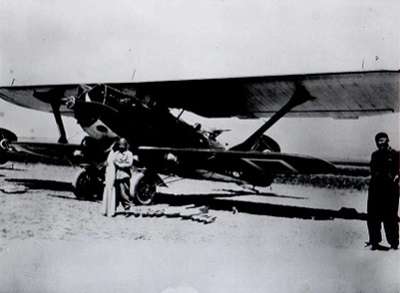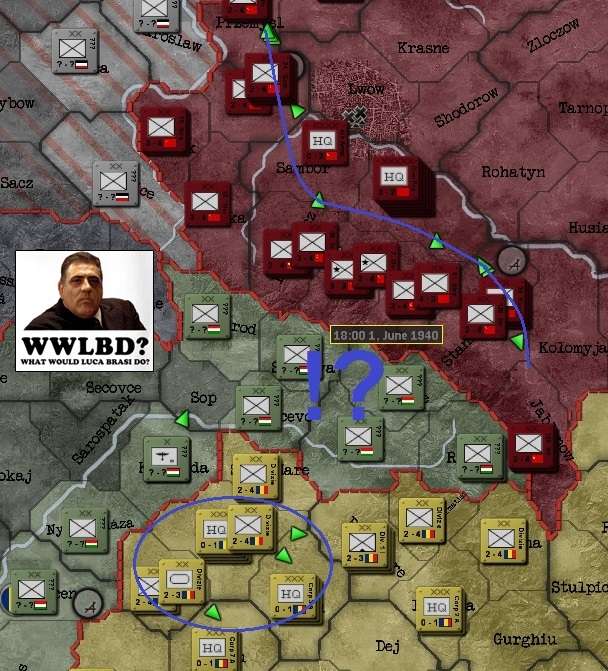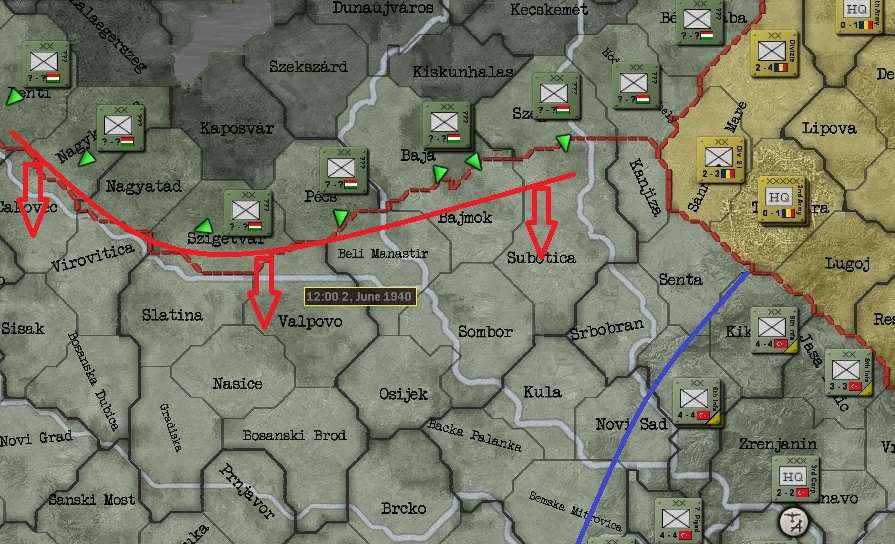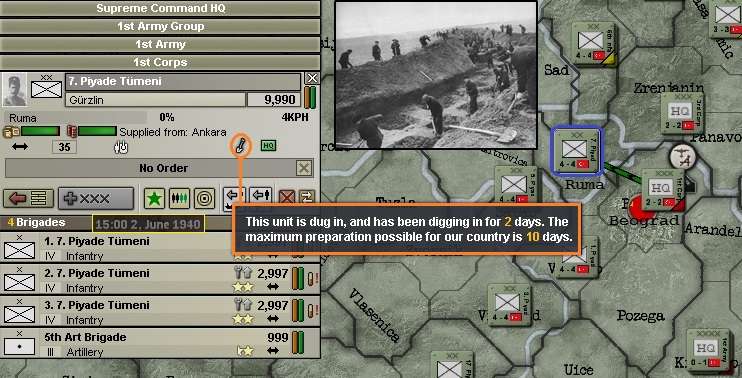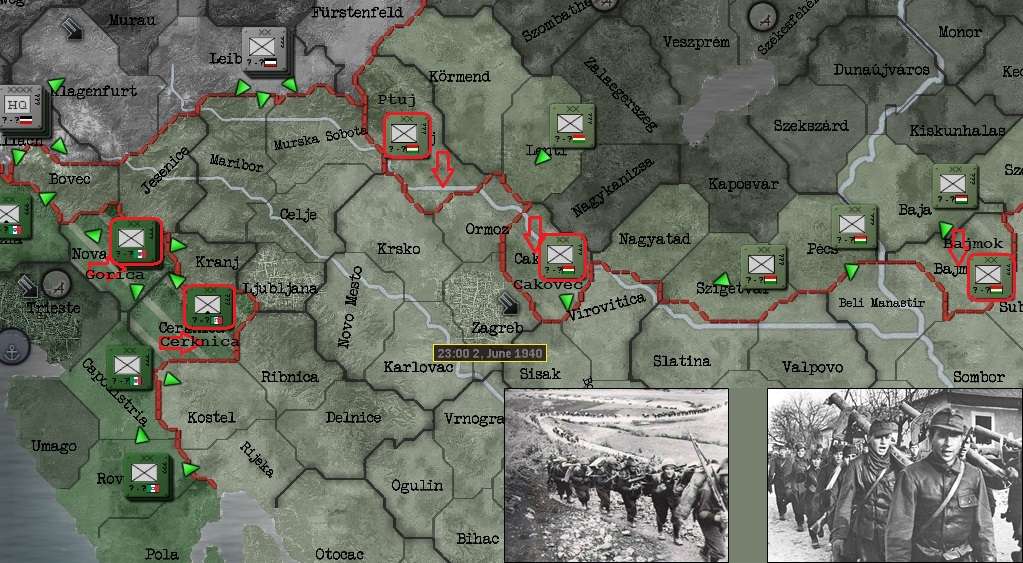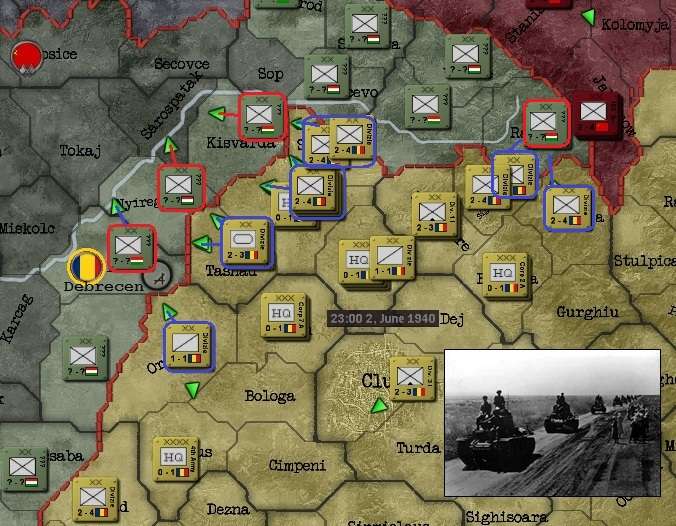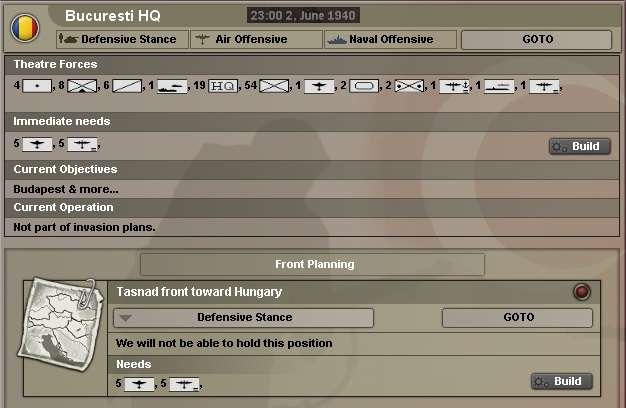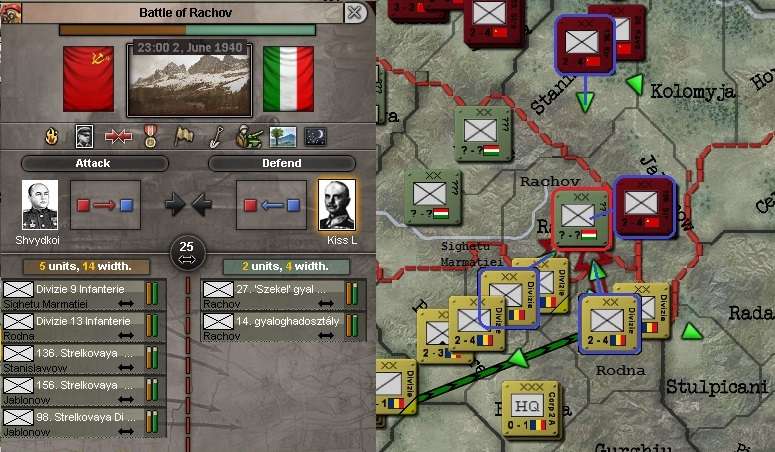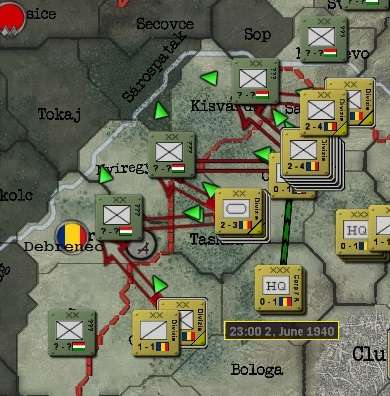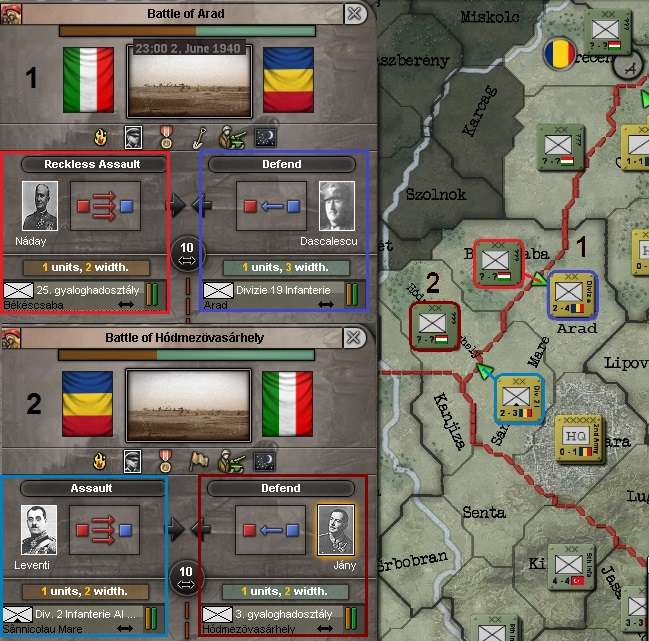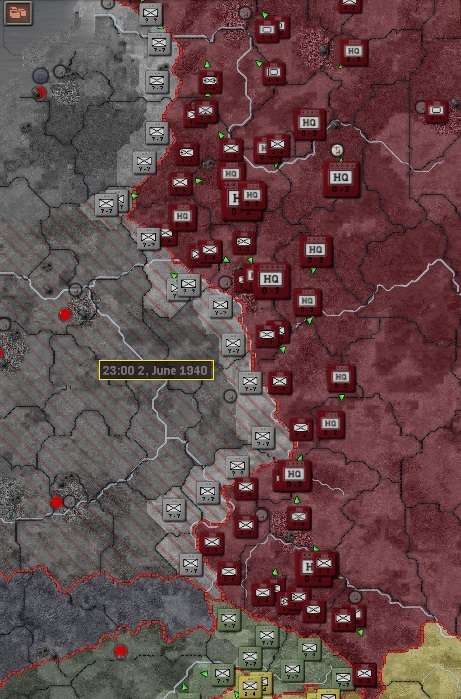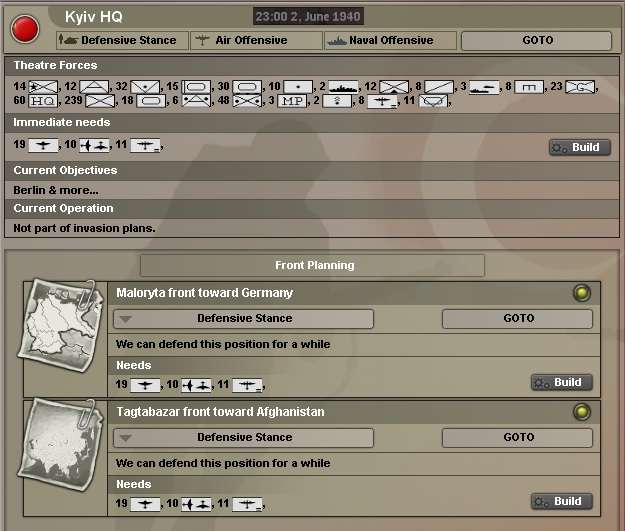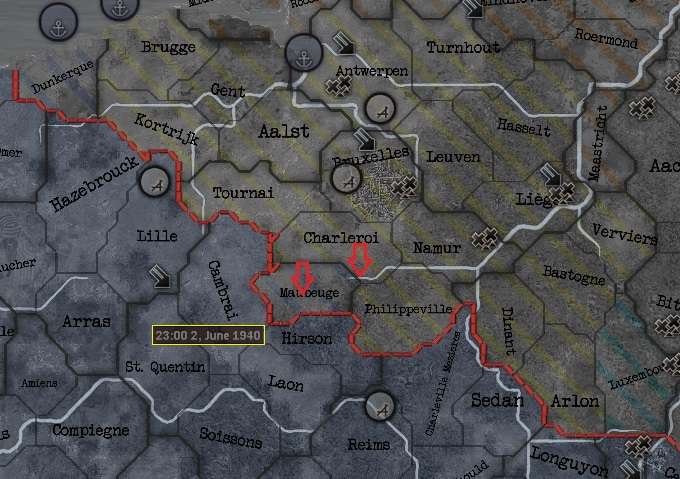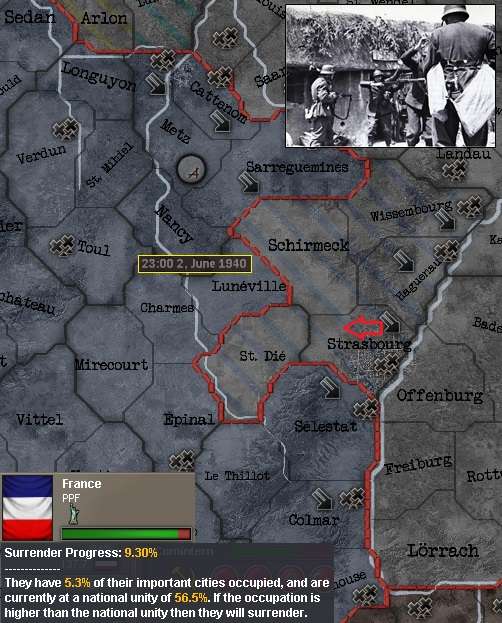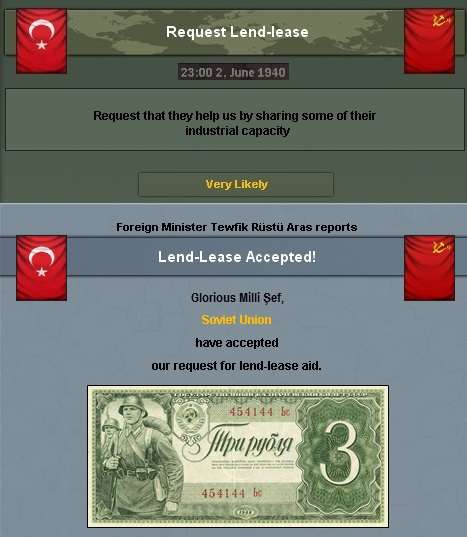Book Three: The Great Liberation War (Part 1 - A Tale of Two Fronts)
Chapter 77 - Part A: Dreams and Nightmares (1 June 1940)
(2:00min)
The Turkish Cabinet have given Winston Churchill the codename of Merlin. They hope he can come to power in Britain and help to provide the spark and spine needed to get them into the war in earnest, after the unconvincing performance thus far of the Chamberlain premiership. The UNGR leadership draws on the mystic power of ancient Merlin to brace themselves for the coming ordeal …
In the end, no further negotiations were required with the Soviet Union on 1 June. The Turkish Cabinet met late into the night to finalise their presentation to the Soviets in favour of a bold strike against the Axis beast while it was still in its lair. An excited courier brought in another cable, this time going straight to Inönü with it, who slowly took it out of its sealed
'Top Secret' envelope and scanned it carefully. He then read out the salient paragraphs to the expectant and hushed War Cabinet. “Our Ambassador in Moscow relates the following exchange:”
I received a call at 8pm this evening, told I should return to the Kremlin for another audience with Foreign Minister Litvinov later that night. However, when I arrived at his office at 11.30 pm, it was General Secretary Stalin himself seated at Litvinov’s desk! Through a translator (some GRU operative with excellent Turkish – I heard one of Litvinov’s staff refer to him as ‘Skitalec’), Stalin’s first question was whether Turkey was serious about the offer to declare war on Germany, thus facilitating the Soviet Union’s joining a Great War of Liberation on Germany and its Axis lackeys. As instructed, I insisted we were.
He paused and stared at me for what seemed like minutes, but was probably only a few seconds. I could barely breathe. “Very well then: let it be war. Ours is a just cause; victory will be ours!" He then waved at me nonchalantly, almost dismissively: "Inform your President immediately. If he makes the declaration, we will follow. Let it be done straight away, to catch Hitler off guard and allow our forces to prepare. You will appreciate that this was not planned for by the Red Army and many of our units are still out of position after the enthusiastic (he smiled grimly at that point) incorporation of the Baltic States into the Soviet Union. And it will take us time to organise any large scale offensive operations. But I agree with your President: if we are to take advantage of the French Army and the open back the Germans have offered us, we must act now. Perhaps the very declaration of war will force Hitler to split his forces.”
Stalin paused at that point, then continued. “I hadn’t thought the opportunity to strike them so soon would arise, but with the aid of the Glorious Union and your Romanian satellites, we can bring our timetable forward.”
The ‘interview’, such as it was, had clearly come to an end. But I rallied myself to ask two questions to ensure our mutual understanding was crystal clear. And to gauge whether there may be any hesitance in our Soviet friends, where they might have second thoughts about following through. “Mr General Secretary, what of your non-aggression pact with the Germans, Japan’s intentions in the Far East or indeed the rest of the Axis? This would break the pact and in so doing invite the others to declare war on both of us.”
He glared at me, though I think more in contempt for the enemy than at my temerity for speaking up - as was indeed my duty, however daunting. “F#*k them! F#*k them both! F#*k them all!” He then strode from the office. This was the authentic Stalin I had heard all the stories about. I am convinced he is genuine. And no-one in the Soviet Union would dare gainsay him now – and hope to live. I firmly believe that if we start, they will take up the baton and lead the rest of the Comintern into the struggle, no matter the immediate consequences. We would have freed him of his obligations and any restraint he may have felt. I stake my reputation on it!
[Ed. Stalin was known for his salty language. The final quote is based an his actual usage in other quotes. The 'just cause' quote was from Stalin, himself citing Molotov, in 1941.]
“Indeed,” continues Inönü. “The Ambassador stakes more than his reputation on this. As does the unfortunate Trotsky, he stakes his life! Aras, send the telegrams now to confirm our arrangement with the Soviets and then to
Berlin. You had better warn our Embassies in
Rome, Tokyo and
Budapest too. The Great War of Liberation starts at 1 am tomorrow, the 1st of June 1940! Örlungat, send the orders out now. If Italy answers the German’s call, prepare to start striking them in the
Dodecanese and put the invasion force in Athens on alert. And get the Romanians cracking – we will be relying on them heavily as we prepare to receive the Italian, German and Hungarian retaliation in the former Yugoslavian GNRs. We must break their hammer on our anvil. To arms! To victory! To glory!”
On ‘Kemalism’
In this
[alternate] time line, the legacy of Mustapha Kemal ‘Atatürk’ has morphed from where it started in OTL. The current Turkish Government, having chosen to join the Comintern, has to tread a tortuous path to reconcile its Paternal Autocrat nature with its embrace of this alignment. Without belabouring the point here, a ‘fig leaf’ doctrine of some sort is required for public diplomacy and propaganda purposes. But it will not be delved into too deeply here: after all there is a war on, the press is controlled, there are no free elections and Stalin must be accommodated.
Just as there has been Marxism, Leninism, Stalinism, (aberrant) Trotskyism and the very beginnings of Maoism … so too will Kemalism sit beside this atheistic Pantheon of socialisms. Kemalism, as it was first implemented by Atatürk, was defined by sweeping political, social, cultural and religious reforms designed to separate the new Turkish state from its Ottoman predecessor and embrace a Westernized way of living, including the establishment of democracy, secularism, state support of the sciences and free education, many of which were first introduced to Turkey during Atatürk's presidency in his reforms.
[Ed: According to Wikipedia, which is the limit of the depth to which I’m going to delve in this short digression] Kemalism has six fundamental ideological pillars:
Republicanism (Turkish: cumhuriyetçilik),
Populism (halkçılık),
Nationalism (milliyetçilik),
Secularism (laiklik),
Statism (devletçilik), and
Reformism (devrimcilik). The principles came to be recognized as unchangeable and sacrosanct. But not the democratic aspects, in a Western sense as originally envisaged. For in 1937, Greater Turkey (as it had then become) became disillusioned with the West and turned instead to the East, for the purposes of national preservation, militant opposition to Fascism, technological and industrial development and (to a certain extent) political inspiration. Thus, by June 1940, following the proclamation of the Union of Glorious National Republics in January 1939 and the recent admission into the Comintern, Turkey’s unique blend of political characteristics has formed a kind of Benevolent (in its own eyes) Paternal Autocratic Peoples Republican form of Government, led by Ismet Inönü. The governance structures are a blend of Turkish and Soviet, the core ideology perhaps with more ‘Turkish characteristics’.
The Kemalist Flag, with six arrows representing the six ideological
pillars. It is the flag of the ruling Cumhuriyet Halk Partisi
(Republican People’s Party). The titles, symbolism and one-party
system are enough to make Turkey’s 'marriage of convenience’
with the Comintern acceptable at face value [in this timeline].
President Ismet Inönü addresses the CHP’s annual party convention
in April 1940, with the Kemalist Flag visible in the background.
Thus, in any future conflict – as it did during the
Wars of Expansion in the late 1930s – Turkey will seek to spread its Kemalist philosophy and forms of governance to wherever they can, but now under the Comintern banner.
[Ed. There is much to cover in these first few hectic days of Turkey’s participation in the Second Great War. From here, I will try to let the pictures paint the words as far as possible. This chapter has been broken into two parts for ease of loading and reading.]
1 Jun 40
War was declared a minute after midnight in the early morning of 1 June 1940. Once again, Turkish boldness has shaped the world, daring to take on the greatest rogue state of the century. The Soviets were as good as their word, following up and taking the lead in the
Great Liberation War.
This table summarises the key effects of the declaration. Importantly, the Axis has declared war on the Comintern
en masse, but Japan has
not declared war on the Western Allies. Turkey’s aims are to bring the Kemalist people’s revolution to all the countries it can be forced upon – er, who come to see the many benefits of its adoption!
As earlier agreed, Turkey will now need an immediate increase in manpower to support its immediate war aims and make good what we expect to be a high rate of casualties. This was originally planned as the ‘
Defend the Motherland’ edict when it was envisaged as a reaction to an attack by the Germans. Now the name has been changed to better fit the circumstances and propaganda requirements!
[Ed: applied as another simple edit to the game save file at the end of 2 June.]
In Rome, Ambassador 'Vito' Ceylan received the Italian counter-declaration
of war and then prepared to evacuate the Embassy under diplomatic
immunity. Though not before saying to those clandestine
operatives left behind: “Someday, and that day may never come,
I may call upon you to do a service for your country. But until that
day, accept my best wishes on this the day of Turkey’s destiny.”
New laws have become available and are immediately enacted by Presidential Decree.
The Air Force had both fighter and bomber coverage of the Dodecanese,
though Rhodes would be out of fighter range unless the interceptors
relocated to Crete.
The first ‘reconnaissance in force’ of the Dodecanese was ordered immediately.
In Athens, 15 Inf Div boarded the transports but awaited news of
Italian strength on the Dodecanese and for the Air Force to
‘soften up’ the defenders.
By agreement with the Romanian and Soviet High Commands,
Turkey’s initial suggestions for war objectives were transmitted,
including a call for Soviet reinforcements in Beograd to first hold
that flank and then prepare for offensive operations into Italy
and western Hungary.
As the first day of the
Great Liberation War (GLW) wore on, reports were received of the Italians sinking Turkish merchant vessels in the
Gulf of Tunis and the
Straits of Messina. The Trade Minister began cancelling deals that require Turkish shipping, as they cannot be protected. Resource needs would be reassessed once things settled down: if necessary, new resource deals would be sought on the Comintern “free shared market”, over land routes, or from overseas where other countries are responsible for the transport. In better news, the immediate effect of the wartime law changes had seen Turkish production increase from 76 to 89 IC and the requirement for consumer goods drastically decreased, though upgrade costs are currently very high.
At 2 am, the first reports came in of Italian strength in the Dodecanese. Later that morning, some Italian forces in outlying areas of the islands had still not heard of the declaration of war: they were soon roused from their state of torpor. The ‘happy snap’ below was taken by the Italians just before the Turkish Blenheim began a strafing run on them! Serves them right for occupying Turkish territory. And revenge for their seaplane attack on Istanbul last year!
And reports showed, as expected, that Italian and German forces have done an ‘about face’ and are now marching on our northern GNRs, as expected. Their sacrifice will be avenged in due course, but for now they will fall to the headstrong enemy. We hope the French appreciate this diversion!
The Soviets share their situation map of the Far East with us. It is not visible here, but the Japanese are ‘doubled up’ in most of the provinces bordering on the Soviets.
This more detailed view shows the Soviets will be under severe pressure to hold around
Vladivostok. Attacks by Japan and their stooges elsewhere in Siberia can also be expected, but these are not existential for the Soviet Union.
Following Cabinet’s consideration of all this momentous initial news, they try to grab a few hours of sleep before dawn. The next few days will be unrelenting.
On a personal mission, Inönü sends for Sabiha Gökçen, one of Atatürk’s adoptive daughters and a famous Turk in her own right – a symbol of Kemal's drive to modernise the nation.
Sabiha Gökçen (b. 22 March 1913), is a Turkish aviator. She
was the first Turkish female combat pilot, aged 23. According
to some sources, she was also the world's first female fighter
pilot, being enrolled in the Military Aviation Academy in
Eskisehir in 1936. She was one of the eight adopted children
of Mustafa Kemal Atatürk.
Sabiha (seen next to her aircraft below) is ordered to leave at 0600 to fly to
Moscow and bring back Cennet, Inönü’s former ward. While he wants to see her again, it will be brief. Her training is now complete, from here on she will be one of Turkey’s ‘secret soldiers’ in the clandestine war and she has important (and very wet) work to do. Similar calls go out to other well-known S.I.T.H. operatives. There will be work for all!
At 1200, news is received of another two convoys sunk in the
Gulf of Tunis. Apparently the word had not got out to all of them: Navy Chief Üngen orders
all convoys halted except those shipping resources internally to and from
Irakleio in Crete. They will be halted too if they start taking casualties.
At 1800 that evening, the first report from the front in Romania is received.
What!? This isn’t meant to be happening. “Stop! Go back, you are going the wrong way!”, Army Chief Yamut signals our allies desperately. He also sends a ‘novelty tee shirt’ to the Romanian Commander to remind him what may happen if such craven conduct continues more generally and to think the right way about the
Great Liberation War.
Four air raids were conducted on the Dodecanese during the day, from 0300 every six hours, with a total of 149 Italian militiamen killed.
So ends a hectic day, the first of what is now a truly global war, lacking only the US of all the major powers of the world.
(Part B continued below)

